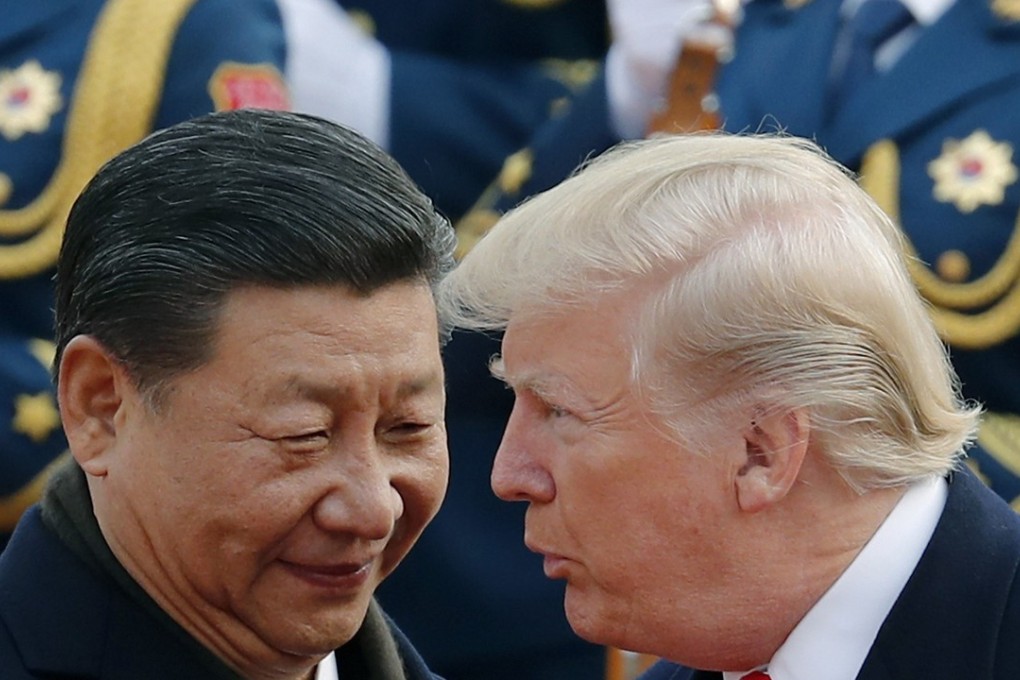Hong Kong and China traders weigh what US elections boosting Democrats might mean for trade war
- Democrats take US House, weakening the hand of the Republican president who has launched a trade war against China

Hong Kong stocks ended little changed on Wednesday while China shares slipped as traders tried to assess the fallout from the US midterm elections on equities hammered by the US-China trade war.
The high-stakes elections left Democrats retaking control of the House of Representatives and Republicans retaining the Senate. A divided US Congress leaves Republican President Donald Trump with a weaker hand after having had the luxury of both chambers controlled by his party in his early time in the Oval Office.
The Hang Seng Index added 0.1 per cent to 26,147.69 after changing directions at least eight times. The Hang Seng China Enterprises Index, or the H-share gauge, also gained by that much.
The Shanghai Composite Index slid 0.7 per cent to 2,641.34 after swinging for most of the day. The gauge has rebounded 6.2 per cent after touching a four-year low last month after vice-president Liu He said Chinese stocks were worth buying and top financial regulators unveiled a deluge of policies to aid smaller companies in financing.
“The midterm election result will help investors around the world to regain their appetite for risk assets, but that will take time and a big rebound isn’t going to happen overnight,” said Chen Hao, a strategist at KGI Securities in Shanghai. “The Trump administration has started the trade war with China and advocates anti-globalisation. And all these things have been regarded as a major threat to global growth and creating policy uncertainty.”
The China and Hong Kong markets often take their cues from the overnight moves in America. So Thursday could see far more reaction.